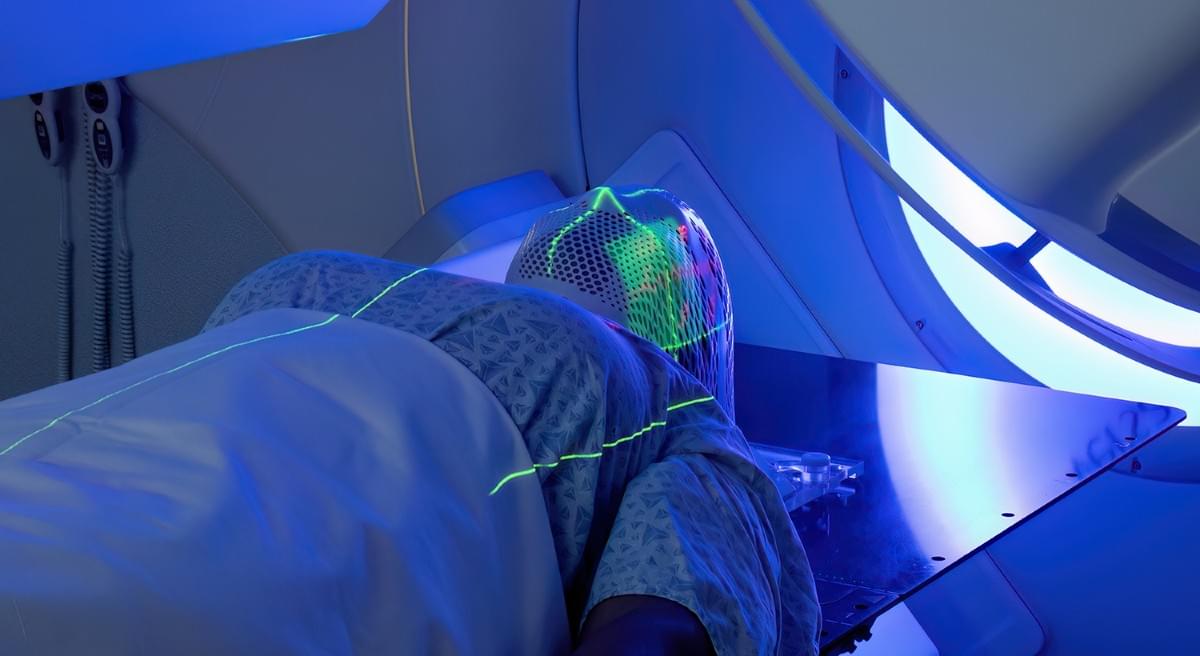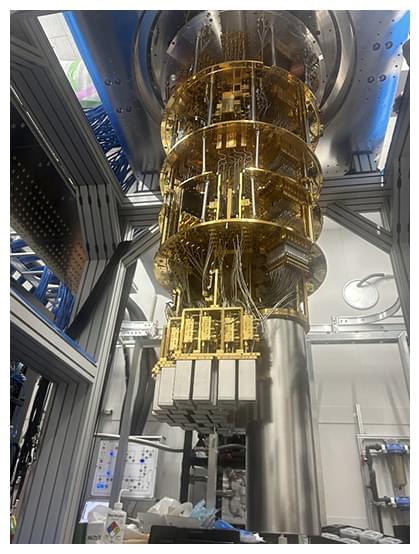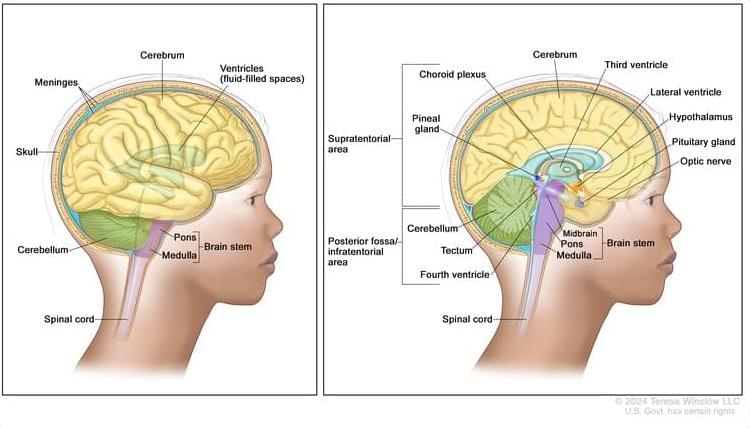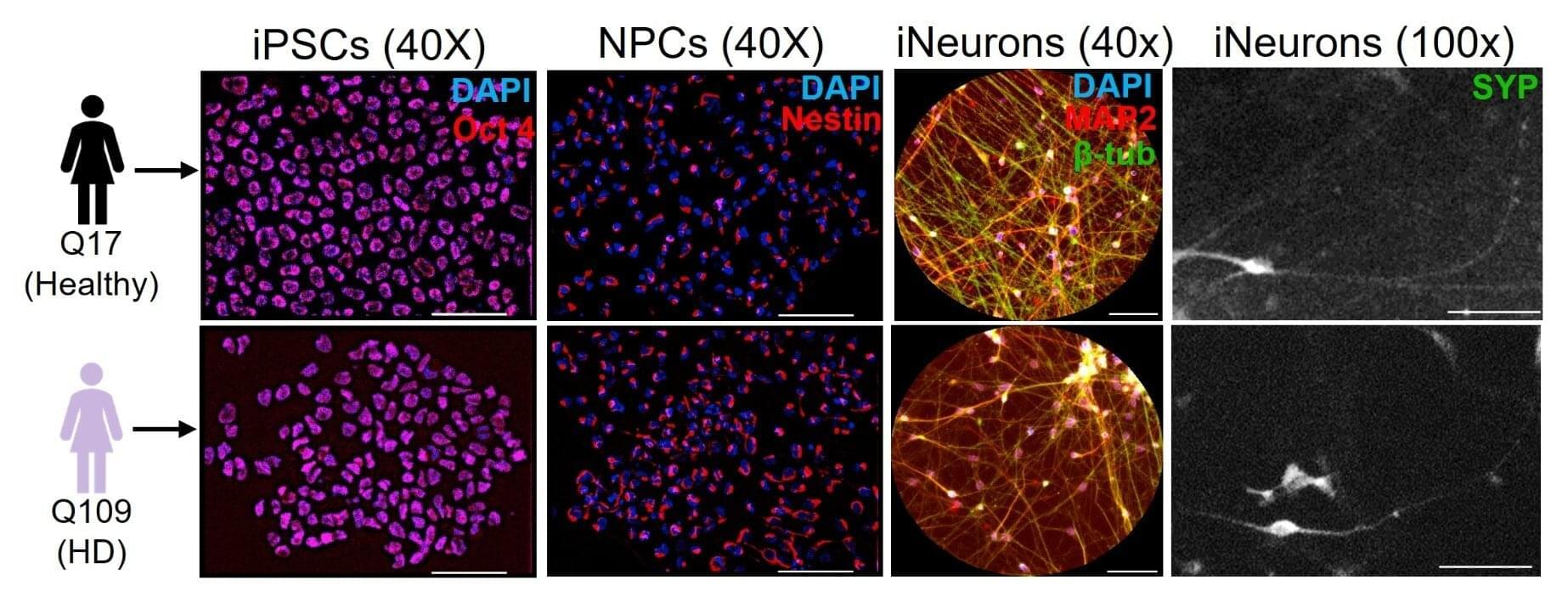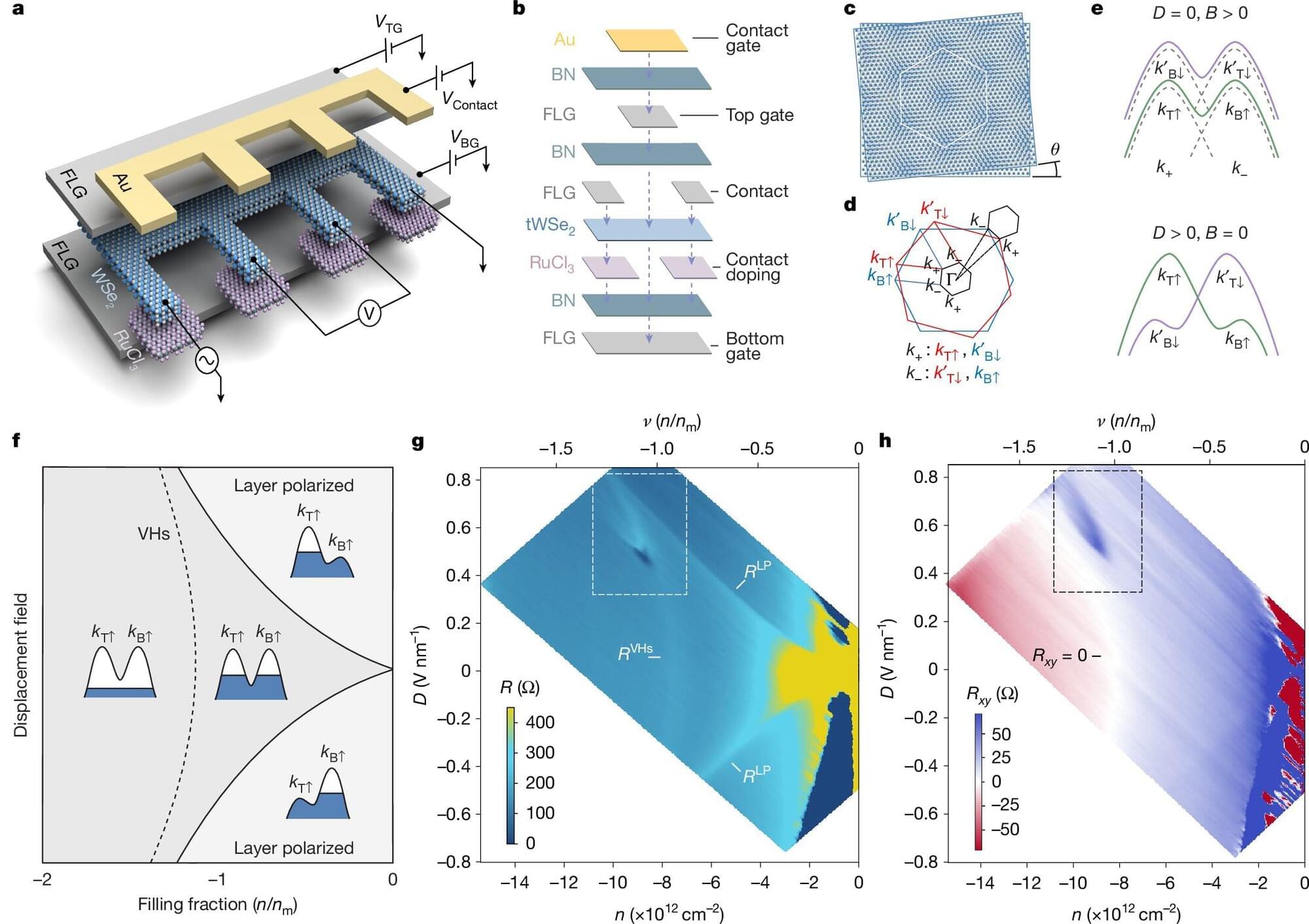Researchers are exploring the ability of boron neutron capture therapy to selectively strike brain tumour cells with a new combination approach.
RIKEN and Fujitsu Limited have developed a 256-qubit superconducting quantum computer that will significantly expand their joint quantum computing capabilities. The system, located at the RIKEN RQC-FUJITSU Collaboration Center, located on the RIKEN Wako campus, builds upon the advanced technology of the 64-qubit iteration, which was launched with the support of the Japanese Ministry of Education, Culture, Sports, Science and Technology (MEXT) in October 2023, and incorporates newly-developed high-density implementation techniques. The new system overcomes some key technical challenges, including appropriate cooling within the dilution refrigerator, which is achieved through the incorporation of high-density implementation and cutting-edge thermal design.
This announcement marks a new step toward the practical application of superconducting quantum computers and unlocking their potential to grapple with some of the world’s most complex issues, such as the analysis of larger molecules and the implementation and demonstration of sophisticated error correction algorithms.
The organizations plan to integrate the 256-qubit superconducting quantum computer into their platform for hybrid quantum computing lineup and offer it to companies and research institutions globally starting in the first quarter of fiscal 2025. Looking further into the future, Fujitsu and RIKEN will continue R&D efforts toward the launch of a 1,000-qubit computer, scheduled to be launched in 2026. For more information, see a longer press release on Fujitsu’s website .
.
The Medicines and Healthcare products Regulatory Agency (MHRA) has today (30 April 2025) approved a new under-the-skin injection version of the cancer therapy, nivolumab (Opdivo), offering a quicker administration option for eligible patients.
The subcutaneous formulation of nivolumab can be given as a 3–5-minute injection instead of the 30-or 60-minute intravenous (IV) infusion. Several common cancers can be treated by nivolumab, including lung, bowel, kidney, bladder, oesophageal, skin, and head and neck cancers.
Patient safety is our top priority, which is why I am pleased to confirm the national approval of the new under-the-skin injection version of nivolumab.
This approval marks an important step forward in improving treatment access and reducing the time patients spend in clinics. It has the potential to ease pressures on NHS services, while also giving patients flexibility in their care.
We’re assured that the appropriate regulatory standards of safety, quality, and efficacy for the approval of this new formulation have been met. As with all products, we will keep its safety under close review.
Childhood glioma is a type of cancer that can start in any part of the brain or spinal cord. Learn about the symptoms and risk factors of childhood glioma and how it is diagnosed and treated.
A decade ago, University at Buffalo researchers shed some light on an enduring neuroscience mystery: How exactly does a mutated huntingtin protein (HTT) cause Huntington’s disease?
They found that HTT is something like a traffic controller inside neurons, moving different cargo along neuronal highways called axons in concert with other proteins that are key for cellular function and survival. Reduce the amount of non-mutant HTT and you’ll create the neurological equivalent of traffic jams and roadblocks.
Now, the researchers have learned more about what can control the traffic-controlling HTT.
Credit: Neuroscience News
NRT maintains that rather than relying on learned expectations or prediction, musical experiences arise from the brain’s natural oscillations that sync with rhythm, melody and harmony.
Thousands of patients will benefit from a new cancer jab for more than a dozen types of the disease, with the NHS the first in Europe to offer the new injection. The health service is rolling out an injectable form of immunotherapy, nivolumab, which means patients can receive their fortnightly or monthly treatment in 5 […]
More Patients May Be Able To Avoid Cancer Surgery; Immunotherapy Drug Jemperli Shows Promise Across Several Different Cancer Types
Posted in biotech/medical | Leave a Comment on More Patients May Be Able To Avoid Cancer Surgery; Immunotherapy Drug Jemperli Shows Promise Across Several Different Cancer Types
Patients with certain types of early stage cancer, particularly those affecting the gastrointestinal system, may be able to avoid surgery and be successful
Light’s interference patterns may emerge from quantum particles, not waves, challenging traditional wave-particle thinking.
Imagine a world in which free-floating electric vehicles charge wirelessly as they glide down highways, laptops are hundreds of times more powerful, and clean energy flows in limitless supply.
Such a future, experts say, hinges on the development of new superconductors, or materials capable of transmitting electricity with near-perfect efficiency. The problem? All known superconductors—from pure elements like lead, tin, and aluminum to exotic compounds like niobium–titanium—must be subjected to extreme cold or pressure to function, making them impractical for widespread use. More problematic still, scientists don’t fully understand how these materials work, making it difficult to engineer better versions.
Superconductors have already made their way into MRI machines, particle accelerators, and electromagnetic levitating trains, but they are extraordinarily expensive and finicky. The real game changer, experts say, will be figuring out how to custom-design superconductors that are cheaper and more versatile.
